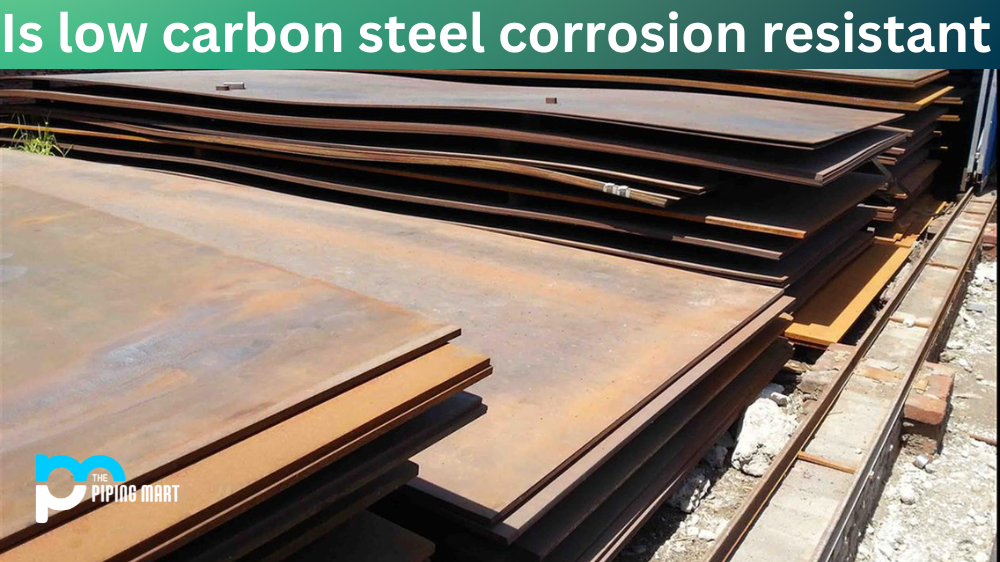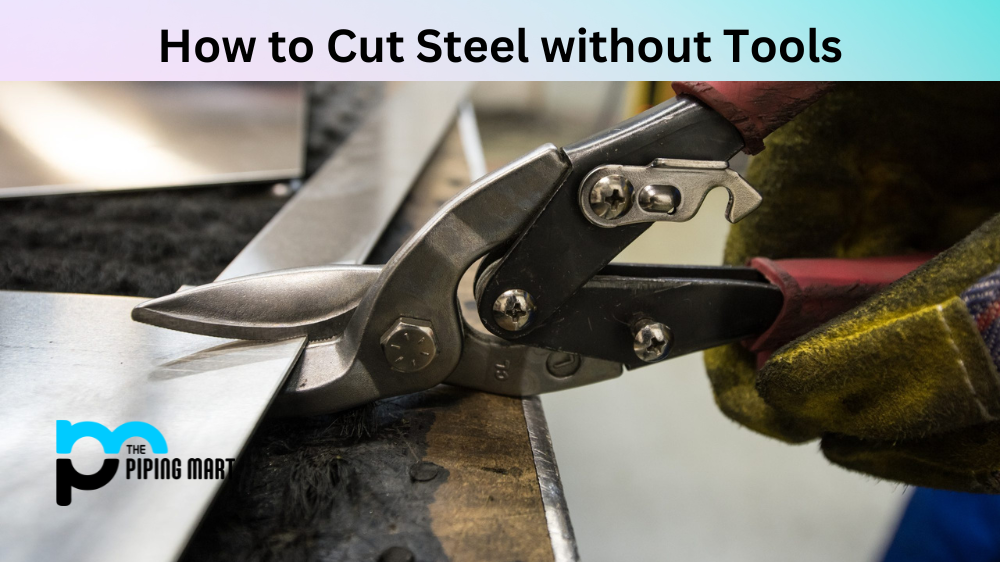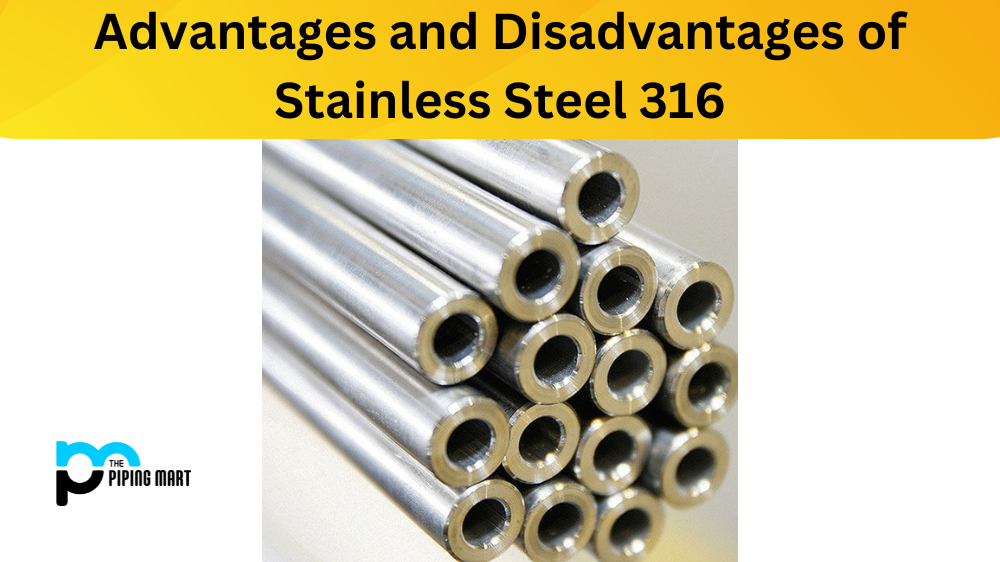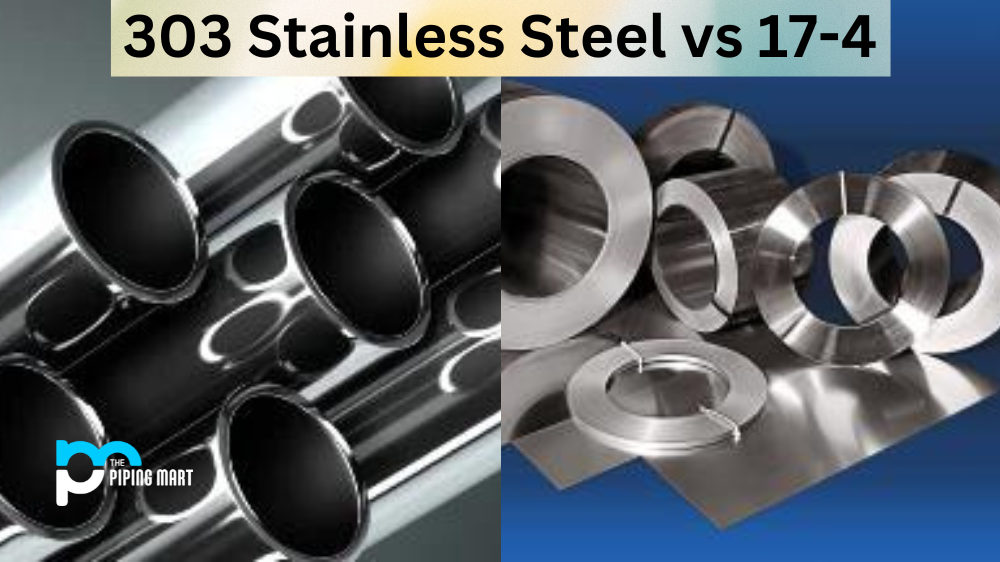When it comes to finding the best material for corrosion resistance, low-carbon steel is often a top choice. This type of steel offers several advantages when it comes to protecting against rust and other forms of corrosion, making it an ideal option for many different applications. Let’s take a closer look at why low-carbon steel is so popular when it comes to corrosion resistance.
What Is Low Carbon Steel?
Low-carbon steel is a type of steel that contains up to 0.3% carbon by weight, which is relatively low compared to other types of steel. It also contains trace amounts of other elements, such as manganese, sulfur, phosphorus, and silicon. Because the amount of carbon present in low-carbon steel is so low, it makes the metal more malleable and easier to shape than higher-carbon varieties.
Why Is Low Carbon Steel Good for Corrosion Resistance?
One major benefit of using low-carbon steel for corrosion resistance is its ability to form an oxide layer on its surface. This oxide layer acts as a protective barrier that helps prevent oxygen from reaching the underlying metal and causing further oxidation or corrosion. It’s also important to note that this oxide layer can help reduce friction between two surfaces in contact with each other. Additionally, because the amount of carbon present in low-carbon steels is so small, these materials are generally less prone to forming stress cracks due to fluctuating temperatures or high pressures—another factor that can contribute to corrosion over time.
Low carbon steels are also highly resistant to hydrogen embrittlement—a phenomenon caused by exposure to certain gases that can cause metals like iron or steel to become brittle and break down over time—making them an ideal choice for applications where there may be a risk of exposure to corrosive gases like hydrogen sulfide or chlorine gas.
Conclusion:
Overall, low-carbon steels offer excellent corrosion resistance due to their malleability and ability to form an oxide layer on their surface, as well as their reduced risk of exposure to hydrogen embrittlement and cracking due to fluctuating pressures or temperatures. As such, they are an excellent choice for many applications where long-term reliability is a priority. If you’re looking for a material that offers superior protection against rusting and other forms of corrosion, then low-carbon steel may be just what you need!

Pipingmart is B2B portal specializes in industrial, metal and piping products. Also, share latest information and news related to products, materials and different types grades to help business dealing in this industry.




